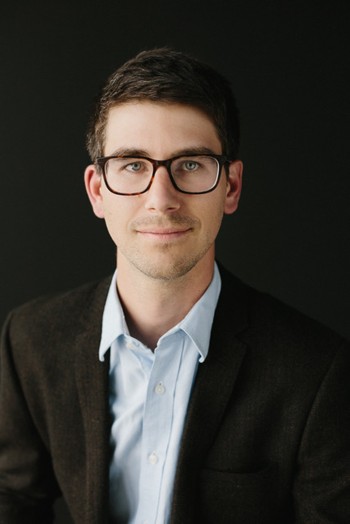
Getting to know Dr. Michael Prystajecky,
General Internal Medicine - Saskatoon
Could you provide a short description of your background?
I am a born and raised Albertan turned Saskatchewanite. After completing medical school at the University of Calgary in 2012, I traded in climbing gear for a canoe and moved to Saskatoon for Internal Medicine residency.
The mentorship, training opportunities and collegial work environment led me to pursue a fellowship in General Internal Medicine at the University of Saskatchewan. During my fellowship, I travelled to McMaster University to receive additional training in perioperative medicine. I subsequently completed a Master of Science in Healthcare Quality through Queen’s University. I currently hold an Assistant Professor and Clinician Scientist position with the Department of Medicine.
What is your area of research?
My primary research focus is in perioperative medicine. I am the local investigator for the POISE-3 clinical trial, which is examining the impact of tranexamic acid and hypotension avoidance in patients undergoing perioperative medicine.
I am also a co-investigator for a virtual preoperative assessment implementation study. This is an exciting multidisciplinary initiative that has the potential to make preoperative assessment more accessible and patient-centred. My other research interest is in inter-professional collaboration.
Could you tell us about the “big moments of research” for you?
My intention for travelling to McMaster was to obtain additional clinical training in perioperative medicine. However, my time there proved invaluable for learning about clinical research and networking. I was immediately impressed by how closely the clinical and research teams worked together and the impact of this arrangement on academic productivity. Since completing my perioperative training in Hamilton, I’ve participated in clinical trials as a principal investigator and clinical adjudication committee member. More recently, our virtual preoperative research group was awarded an SHRF Innovation grant and RUH Foundation research grant.
Do you have any messages for early-career clinicians on how to get involved in research?
As an early career researcher, I can’t emphasize enough the importance of mentorship. Formal research training is important, but it doesn’t cover practical issues such as balancing clinical and research priorities, networking, and successful grant writing. I feel privileged to be part of a formal mentorship program through the Department of Medicine but can’t understate the importance of informal mentorship from colleagues. Contributing to large research initiatives as a sub-investigator is another opportunity that shouldn’t be overlooked.
Dr. Michael Prystajecky, GIM - Saskatoon
